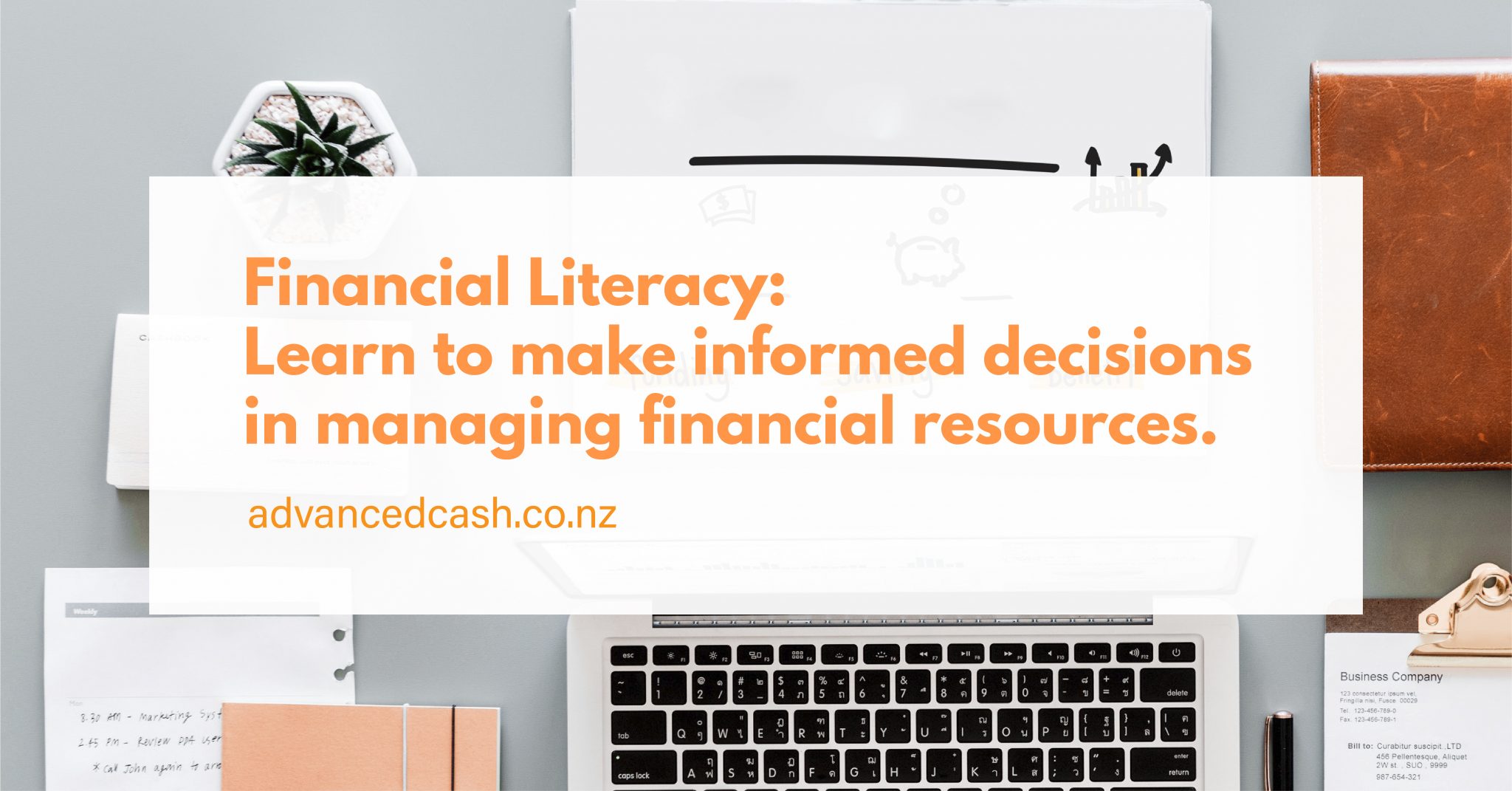 How we manage our financial resources largely depends on what we earn, our lifestyle and tastes. Many of us do not realize the importance of managing our financial resources. We end up spending more than we have, putting us into serious financial hurdles. The rising debt becomes a side effect of the financial problems that we encounter. This makes it necessary for us to keep tabs on how we spend our money.
How we manage our financial resources largely depends on what we earn, our lifestyle and tastes. Many of us do not realize the importance of managing our financial resources. We end up spending more than we have, putting us into serious financial hurdles. The rising debt becomes a side effect of the financial problems that we encounter. This makes it necessary for us to keep tabs on how we spend our money.
So how do you manage personal finance and observe prudence? How do we manage our spending and make sure we do not buy stuff that we do not really need?
Here are some ways that we can manage our financial resources and be more prudent, these financial management tips will help avoid pitfalls that put many people into financial crisis.
Make a detailed plan of the things that you need
With the global economic problems, days when we just bought what we came across regardless of whether we need it or not are long gone. We need to make a detailed plan of the things we need and prioritize depending on the urgency and the money available. A buy list will make our spending effective such that we put funds towards the right things and essentials only. With this plan, you will save a substantial amount, funds which would have been used to purchase things which are not essential. This money can be put aside or used to finance other necessary requirements including investments.
Make a summary of all your expenditures
Our expenses determine whether we save or even spend on items which might not be a priority. There may be some expenses which may not be required at all and could be eliminated in order to save. To help achieve this, start by making a summary of all your expenses. You can categorize them into three with one column having all the essentials, another one optional and those that can be deferred. Scrutinize the items you have put in each category and establish whether it really belongs there. This will ensure that you only include items which belong to a given category.
For example, some of the items which you feel are necessary can be deferred; this reduces your expenditure at a given time. Deferring spending not only helps you save at the moment but also gives you time to think about the spending, assisting you to establish whether you really need it. Making a summary of all your spending helps you keep track of your money and also assists in prioritizing expenditure. With this, you will only spend your money on what is necessary at the moment.
Embrace financial management tools
With the technological advancements, there are many tools available to help you plan your financial resources. The most popular and easiest tool of all is a diary where you record the money coming in and out. This is something that you can afford to carry anywhere and make entries every time you do a transaction. It may seem weird, recording everything including the small spending but this will go a long way in helping understand your spending patterns. With the information, you can make informed choices. Invest in software-based tools for more complex and timely analysis. You will find that these financial management tools can assist you to understand how you use your money and with this information can make sound decisions on expenditure.
Always save fast
Most of us, put saving as the last item in our plans. We spend fast and what remains is what we put into our savings account. What effect does this have on your savings? You will find that this habit reduces your savings level. This mostly happens when we do not have a clear plan for our expenditure. You need to establish the reasons for saving. Have a goal and assign an amount that should be saved every month.
You may be saving to buy a house, for a holiday or any other investment. Establishing the amount needed and then allocating a figure which should be saved every month will help you reach the goal. This figure should be included in your budget; it should be way up on the list. Putting it as one of the first items ensures that the amount will be put aside and deposited in a savings account; by now you will have figured ways to reduce expenditures so that you can manage to save the required amount.
Have a long-term focus
Once you have established your spending pattern and made adjustments on how you can reduce your expenditure and save, focus on long-term as opposed to short-term. This means investing in assets that will give you good returns.
You will only make informed decisions in the management of your financial resources if you have the required information. Start by collecting data and understanding your spending then take appropriate actions, all geared towards reducing expenditures and increasing the amount saved. Financial literacy will give you the necessary skills on financial planning enabling you to take charge of personal finances and life.






Leave A Comment